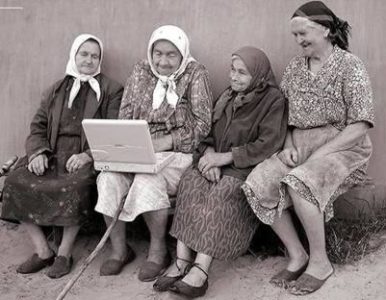Many people contend that the term “evangelical” has become so tarnished from its tight association with Donald Trump and the Republican Party that we need to abandon it and adopt a different label. I disagree. In writing my denomination’s history, I discovered we were using the term “evangelical” going back almost to our beginning in 1800. It’s got a rich history. We need to redeem it, not replace it.
I remember back around the late 1970s when Billy Graham began using the term “born from above” in place of “born again,” which society had misappropriated and watered down. Well, time moved on, and “born again” once again means what he originally intended. That’s my approach to the term “evangelical.” This is just (I desperately hope) a warped moment in time.
Thanks to political polls, people get an inaccurate picture of evangelicals. Evangelicals are not overwhelmingly white, and they are not overwhelmingly Republicans. Predominantly so, yes, but not overwhelmingly.
There’s a big difference between people who identify themselves as evangelicals, and people who hold evangelical beliefs. Ed Stetzer of LifeWay Research has done enlightening work in this area. To be an evangelical by belief, you must strongly agree with all four of these bedrock evangelical beliefs.
1. The Bible is the highest authority for what I believe.
2. It’s very important for me to encourage nonChristians to trust Christ as their Savior.
3. Only Christ’s death can remove the penalty for my sins.
4. Eternal life is freely given to those who trust in Jesus Christ alone as their Savior.
Stetzer found that half of the Americans who self-identify as evangelicals don’t actually believe all four statements. Those who qualify as evangelicals, theologically, are actually only 58% white, 23% black, and the rest are Hispanic, Asian, and other ethnicities. So 4 of 10 evangelicals are NOT white. That, according to my calculations, is 40%.
Pew Research, in a massive 2014 study of over 100,000 people in all 50 states, found that one-third of evangelicals are persons of color. That’s close to the LifeWay study. That study found that evangelicals are 19% black, 10% Hispanic, and 6% Asian, mixed race, or other ethnicities. Half of evangelicals under age 30 are non-white.
Political pollsters typically separate out “white evangelicals” and “black Protestants,” even though a quarter of all evangelicals are black. In fact, according to LifeWay, blacks are the group most likely to hold evangelical beliefs—30%, compared to just 13% for whites. When pollsters try to tell you what evangelicals believe, they are ignoring the views of the 40% of evangelicals who are not white. Some might call that racist. Smells like it.
Significantly, only 14% of blacks self-identify as evangelicals. That, Stetzer says, indicates that the term “evangelical” has become a turn-off to blacks, preventing many blacks from describing themselves as evangelicals, even though they are evangelical by belief. Perhaps they see it as applying only to white Christians and/or Republicans, who don’t tend to represent their concerns.
As for political affiliation: LifeWay found that only two-thirds of evangelicals self-identify as Republicans, and one-third self-identify as Democrats. That holds true whether it’s people who self-identify as evangelicals, or who qualify as evangelicals because of their beliefs. A Pew study, based on denominational affiliation, yielded similar results: 56% Republican, 39% Democrat, and 16% neither.
My point? The evangelicals you hear about on political talk shows are not the evangelicals we go to church with.



 I seem to be quite the rage in Russia. Looking through my Junk mail (which I do once or twice a year), I discovered a number of emails from the last few days reading like this:
I seem to be quite the rage in Russia. Looking through my Junk mail (which I do once or twice a year), I discovered a number of emails from the last few days reading like this:


